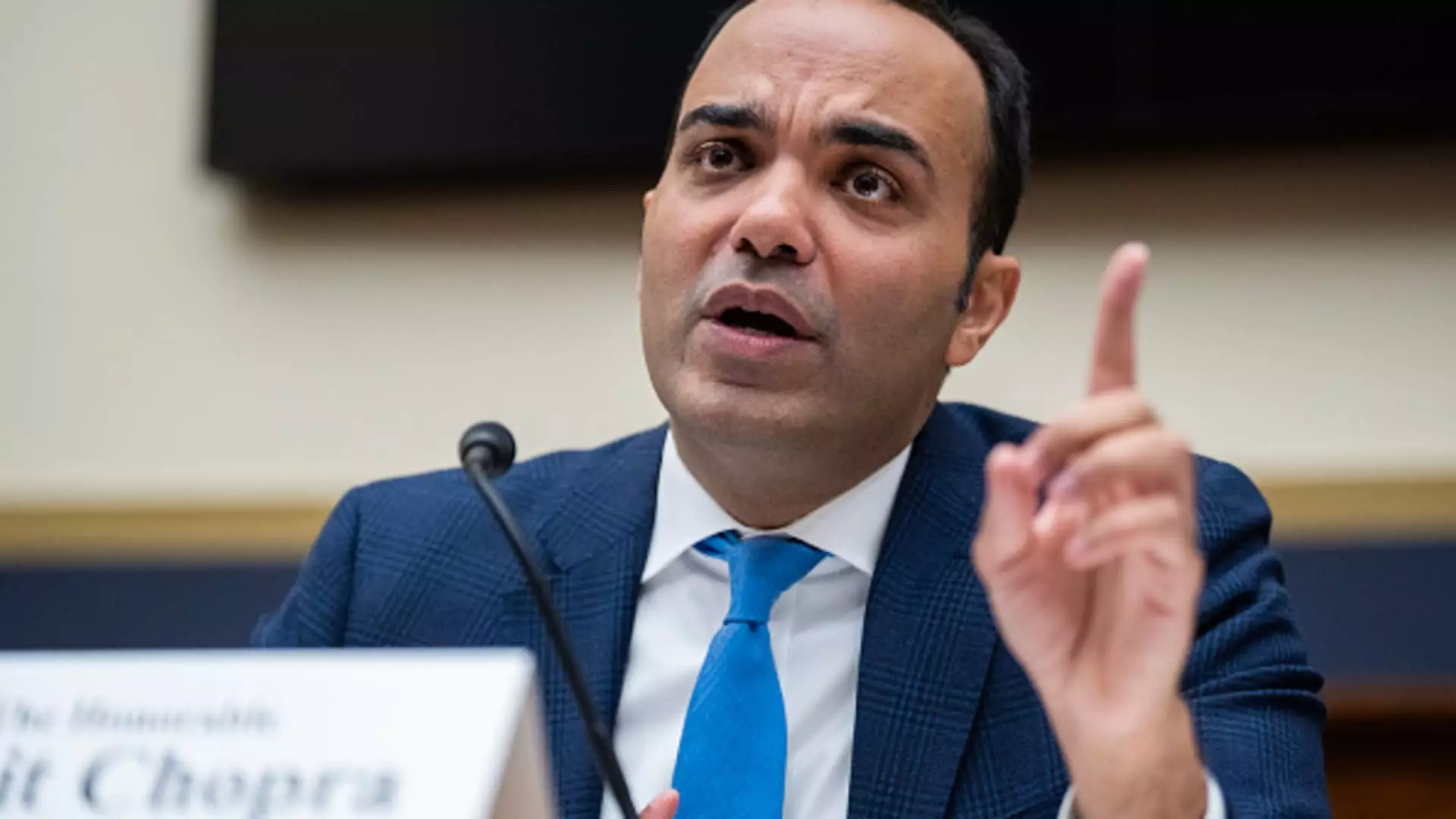The Consumer Financial Protection Bureau made a significant announcement declaring that consumers utilizing the buy now, pay later (BNPL) industry must now adhere to the same federal protections as credit card users. This ruling, known as an “interpretive rule”, categorizes BNPL lenders as equivalent to traditional credit card providers under the established Truth in Lending Act. This means that companies in the BNPL sector, mostly dominated by fintech firms such as Affirm, Klarna, and PayPal, are now required to issue refunds for returned products or canceled services, investigate disputes with merchants, pause payments during investigation periods, and provide transparency in fee disclosures. The Director of the CFPB, Rohit Chopra, emphasized that all consumers, whether using a credit card or BNPL services, deserve to have essential consumer protections in place based on existing regulations.
The CFPB, in a recent Supreme Court victory, has demonstrated its commitment to pushing against the U.S. financial industry by implementing rules that reduce credit card late fees and overdraft penalties. Emerging in response to the 2008 financial crisis, the CFPB began assessing the BNPL industry towards the end of 2021 due to the substantial increase in the utilization of digital installment loan-type services. According to Chopra, the utilization of these services skyrocketed from 2019 to 2021, raising concerns that some consumers may be acquiring more debt than they can handle. The CFPB aims to ensure that even as BNPL loans offer an alternative to traditional credit options, consumers are still protected by longstanding rights and obligations established by law.
While it remains unclear how many BNPL providers are currently complying with refund and dispute regulations, some such as Affirm already have policies in place on their websites. However, the CFPB’s new rule seeks to standardize these practices across the entire industry to ensure uniformity in consumer protection measures. The rule is set to come into effect within 60 days, with the agency now accepting public feedback on its implementation. Anticipating increased regulation, many BNPL providers, including Klarna, have argued that their products are inherently less risky for consumers than credit cards due to the absence of high-interest rates, thus necessitating less oversight.
Despite the intentions behind the new rule, it is likely that some BNPL companies may challenge the CFPB’s authority by filing lawsuits, similar to actions taken by other financial entities like payday lenders. This resistance from the industry sheds light on the complexity of regulating a rapidly evolving sector like BNPL, where differing perspectives on risk and oversight prevail. The BNPL industry’s stance indicates a preference for a regulatory framework tailored specifically to its unique characteristics, rather than being forced to comply with existing credit card regulations that may not be entirely suitable for their business model. The recent example of a federal judge halting the implementation of a CFPB rule restricting credit card late fees showcases the ongoing tension between regulatory bodies and financial institutions.
Overall, the CFPB’s move to extend federal protections to BNPL consumers marks a significant shift in the industry’s landscape. As the BNPL sector continues to expand and evolve, it is crucial for regulatory bodies like the CFPB to adapt and address emerging consumer protection challenges to ensure a fair and transparent financial marketplace for all stakeholders.

